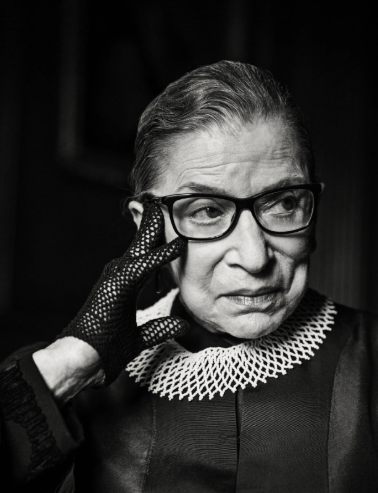International Human Rights: A Conversation with Professor Makau Mutua
- Priya Thelapurath

- Nov 21, 2020
- 3 min read
Updated: Jun 13, 2021
I am the daughter of immigrants from Kozhikode, India. The native language of Kozhikode is Malayalam, a language that my parents speak fluently. However, I was never taught Malayalam because my parents feared that English as a Second Language (ESL) programs would keep me from excelling within the American education system. They were scared that if English was not my first and only language, I would be regarded as ‘foreign’ and ‘unintelligent’ compared to my peers.
Although I was raised in Bentonville, Arkansas, I am able to visit Kozhikode every few years. During my time in India, I feel somewhat disconnected from my culture and my extended family because the language barrier prevents me from truly understanding my family’s history. I pick up everything I can in conversations with my grandma filled with broken English or in Malayalam movies with subtitles, but the language barrier has separated me from many facets of Indian culture. Through my Human Rights and the Global South seminar, I had the privilege of hearing Professor Makau Mutua discuss his piece Human Rights: A Political and Cultural Critique. When Professor Mutua discussed his relationship with English as an immigrant from Kenya, his description of the displacement and degradation of cultural languages as a colonial tool really resonated with me. I had never thought about English as being recognized as a ‘language for intellectuals’ until our class. My experience with Malayalam seems to exemplify this concept: my parents believed that speaking English exclusively was the catalyst for academic success.
Professor Mutua’s comments in my class about global acclaim for English reminded me of another conversation that had been brought up in my seminar about the implications of an English-based Universal Declaration of Human Rights (UDHR). The spread of English appeared to be inherently woven into the spread of Western ideals highlighted in the UDHR.
John P. Humphrey, the Canadian UN delegate who became one of the main writers of the UDHR, was familiar with English and French, which impacted the ways ideas and themes were inscribed in the document. The human rights regime is characterized by the civilizing mission of Western countries to aid countries they deem underdeveloped and third-world. If holding English to a higher standard than other languages is a product of colonialism, then are International Non-Governmental Organizations (INGO’s) based in the U.S. and Europe also products of empire? INGO’s that attempt to uphold and implement human rights tend to solely address countries in the Global South, furthering the civilizing mission rationale. Professor Mutua points out that “the founding fathers of major INGO’s - they have all been white males - were Westerners who … sought the reform of governmental laws, policies, and processes to bring about compliance with American and European conceptions of liberal democracy and equal protection.” The Western dominance of INGO’s that enforce and police “human rights” emphasizes the lasting impact of the Eurocentric drafting of the UDHR and other early human rights documents.
Contrastingly, Professor Mutua stated that international collaboration is integral to the creation of a more universal rights regime. This seems to disagree with the depiction of INGO’s in Professor Mutua’s book. Thus, some questions that should shape international cooperation going forward: What role should international organizations play in addressing human rights violations? Should American and European INGO’s focus entirely on human rights violations within their own nations, or are there appropriate times for them to intervene in the Global South?
--
Priya Thelapurath (she/her)
Co-Founder & CEO of LOUDwomen
Harvard College (‘24)
@priyathelapurath
Sources:
“Biography: John Peters Humphrey,” John Peters Humphrey Foundations, Accessed November 20, 2020, http://humphreyhampton.org/biography.html.
Makau Mutua, Human Rights: A Political and Cultural Critique (Philadelphia: University of Pennsylvania Press, 2011), 50, muse.jhu.edu/book/24338.
Image: https://www.hks.harvard.edu/research-insights/policy-topics/human-rights/universal-declaration-human-rights-70.



Comments